Tony Parisi, the global head of VR/AR at Unity Technologies, has been passionately working with virtual and immersive spaces for a long time. And while the internet world we live in now is very different than when Parisi was co-authoring VRML (Virtual Reality Modeling Language) — an early attempt at creating 3D environments that would work in a web browser — some of the questions that were assumed answered are being asked again.
Please allow me a few moments to dust off this old machine, plug in the cassette player, and find a land line connection for this 300 baud modem. We need a little context.
The Sky Above the Port Was the Color of Television, Tuned to a Dead Channel
In the early days of the internet, it was a barren land of text and ASCII ruled over by a bunch of highly intelligent beings known to us now as nerds (though it would be more accurate to call these people early adopters). While not gods per se, many of these beings were in fact creators through a magic now known as programming, or more accurately, HTML.
As one traveled through this land, odd references would appear — sometimes as humor, other times as puzzles — to find like-minded individuals. The works of Monty Python, Douglas Adams, Star Wars, various video games, and the cyberpunk authors of late-'80s early '90s, specifically William Gibson and Neil Stephenson, could be found referenced everywhere.
Due to its metaphorical similarities, even the nickname of the internet itself, "Cyberspace," while originating from the classic Gibson short story Burning Chrome, was likely borrowed from his wildly popular, though apparently unfilmable novel Neuromancer.
Cyberspace: A consensual hallucination experienced daily by billions of legitimate operators, in every nation, by children being taught mathematical concepts. ... A graphic representation of data abstracted from the banks of every computer in the human system. Unthinkable complexity. Lines of light ranged in the nonspace of the mind, clusters, and constellations of data. Like city lights, receding.
While Gibson's take on these experiences would require everyone to have an input implanted in their neck, just so the experience would feel real, Stephenson's version — called the "Metaverse," from his novel Snow Crash — is more akin to a virtual reality-based evolution of the internet. This, of course, means it is much closer to actually happening. In a few ways, it already has.
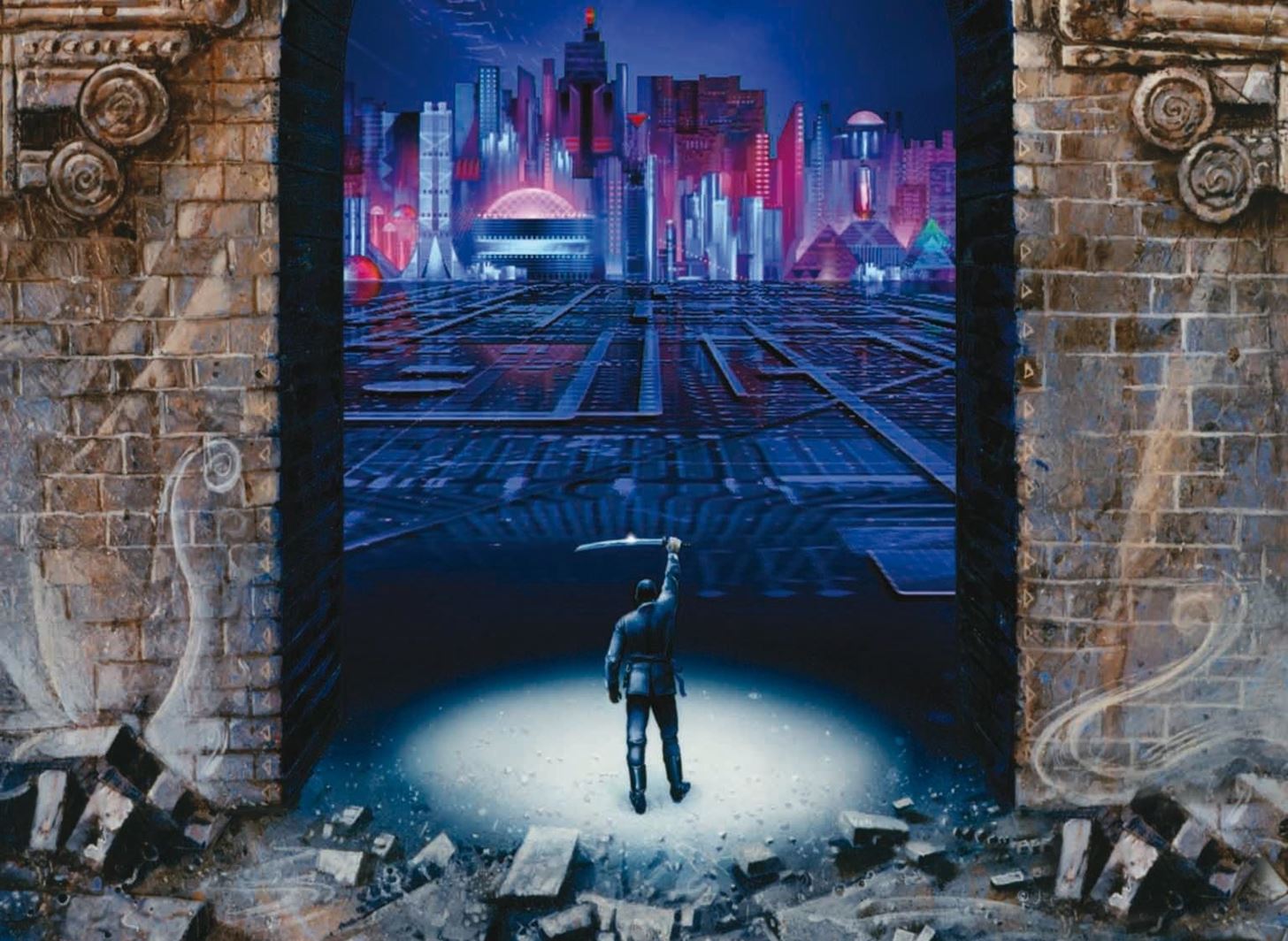
Starting with the Metaverse back in the pre-internet, BBS days, Steve Jackson Games created a text-based virtual world. Over the last 20+ years, there have been quite a few persistent virtual spaces that have been created, with many being directly related to the version Stephenson created in his novel.
While likely not something most people think about, there is a somewhat subtle factor in these ideas that the modern take on the internet — the current paradigm — would make it hard to really accomplish the immersive virtualized experience that has been represented in these great and highly influential works of fiction. That is the current delivery system, or how we consume this content.
There's an App for That
There is a struggle going on that most internet users are unaware of. On one side is the app store consumption model that Apple, Google, and even Microsoft have all adopted. This model, while easy to monetize and simple for the non-technical to use — at least, until an issue arises — is also perceived as restrictive in nature. This is because the companies running these stores have control over what content they include. The opposing side to this is advocating for a more open model.
While there are different reasons to fight the oppression of the app store model, Tony Parisi's focus does not appear to be the same fight as many. Having co-created a real-time 3D format such as VRML, and being an active advocate for its modern successors WebGL and WebVR — even going so far as to organizing meetup groups on the subject in San Francisco — he is focused on getting immersive web content that is delivered via the web. In a way, he is enabling an environment that will most easily allow the Metaverse to become a real immersive experience.
When I had a chance to sit down and chat with Tony about this subject, web-based delivery is something that is obviously a strong passion for him. Though he relented that in some cases, this form of delivery works better, but in many cases, this is not necessarily true.
A large amount of content for XR is going to be delivered over the web. It just makes so much sense. It's obvious. ...
It wasn't necessarily obvious when the VR platforms started to hit again. They were initially focused on delivering any kind of experiences. The initial adoption of an app store type of model, inspired by mobile, makes a lot of sense.
Go with what works.
But when you start looking at the issues around deploying for most apps beyond interactive packaged entertainment — so games, cinematic pieces — there is an understandable business model around this. You can package that up, you can sell a premium, or you can do ad support or in-app purchases for that kind of content. For other applications, there is a lot of friction around downloading and installing an app.
More than half of all mobile users download zero apps per month, and that was a 2014 statistic. This is the funny thing. I work at Unity, and I am not really a gamer. I have all the 5 apps I need and those 5 apps all ingest web content. Slack, Facebook, Twitter ... you tap on a link you get a web view.
In a sense, as Tony is saying, apps have become a new way to see the Internet. A very filtered way. Facebook broken down into its core parts is a collection of friends and family filtering the things they find on the web for you. But in the end, it all comes back to the internet, which is the source of most of the information.
And how do you discover your stuff even on mobile? You see something in a feed and you tap on a link. Maybe if your shopping, you might download the Amazon app. But with so many other e-commerce applications, most people just hit the browser first.
It's not necessarily the best experience compared to a native mobile designed app, though that gap is even closing on mobile. Where the browsers have a little bit more latitude, with using the underlying OS, HTML 5 has gotten more sophisticated, performance is much better. But in general, we are going to see it trend toward low-friction content.
It will not be the depth of experience as these native applications, so for entertainment, for gaming — it's pretty likely that the app model will prevail, the app model will continue for some time to come. But it will coexist. That's not just my point of view from being at this for 20 years, from being inspired by that original vision. The industry really has a strong sense of that too. Which is why you see, for example, Oculus committing to the Carmel browser. Google spending a lot of time on WebVR. Samsung. You know Microsoft announced support for WebVR. So all the web standards, all the operable pieces in that way, the big players are working toward.
WebVR is a JavaScript API built for use with HTML5 that would deliver VR/AR/MR content to the various devices and users — giving instant access, no downloading of apps, and easy integration of web data. It makes sense that Parisi would be advocating and supporting the API as he has been. It seems like it's lining up exactly where he wants to be going.
The reason I got into this in the first place, is I was always excited about 3D graphics. But I was excited about them not from playing games — just turns out it makes a lot of sense if you look back at the history why it took off in gaming first — but I've always had this core mission that we could democratize 3D development.
So joining Unity is awesome. Because Unity democratized game development. Immersive technology comes along, which is at its core a game technology but being used for everything. And so now I am part of the team that is going to bring 3D to everyone. For every use-case over time. We're not doing it all at once, we are picking and choosing right now.
We are looking really closely at all the industrial and enterprise use-cases. We would like to get it to the point from Unity's standpoint that everyone is using our software to build that. But again, it's really that same core mission, 3D is the next media type, whether you are going to a completely artificial world or I am just showing you a Princess Leia hologram on the table with some hybrid VR/AR or no R — no glasses hopefully someday. That's what I hope we are going to get, and that's why I am still on this path which is a bit of a long road.
With an eye toward the next generation, as it forms and adapts the new technologies, many questions arise. But Parisi's outlook is a very positive take.
Now you have an interactive generation. Give a three-year-old a magazine, she tries to pinch it or tap it. So, those things have fundamentally changed. This is definitely the point in time when the Metaverse will be built up.
Now, what does that end up looking like? Does it look like High Fidelity? Does it look like Second Life? Does it look like Facebook social? Does it look like something nobody's imagined yet? I could tell you what my suspicions are, but it will be roughly along the lines of the chaos we've seen in the web and every other digital technology. It won't be as orderly as people think. And that's the beauty of it, because things move so fast, everything is so ephemeral, everything gets cheaper and cheaper and cheaper, we innovate more and more and more. That is such an innate human drive. Something amazing is going to come out of it.
I hope I live to see something that looks like a Metaverse, and I think it's coming pretty soon. ... At least V1.
I can honestly say I walked away from these conversations energized and excited to see the next stages of this technology. That is not to say the impatience that has become a characteristic of me is completely sated. Hardly. But it seems to me that some version of the Metaverse is coming, and Unity is doing what they can through democratizing 3D development to help give it the jump start it needs.
Tony Parisi seems like a great addition to the Unity team. A passionate voice with a depth and breadth of insight and knowledge. But from what I gathered in our talks, he is not blinded by his age and wisdom as many become after a time. This makes him agile in terms of new ideas. Unity better hold onto this guy.
Just updated your iPhone? You'll find new features for Podcasts, News, Books, and TV, as well as important security improvements and fresh wallpapers. Find out what's new and changed on your iPhone with the iOS 17.5 update.
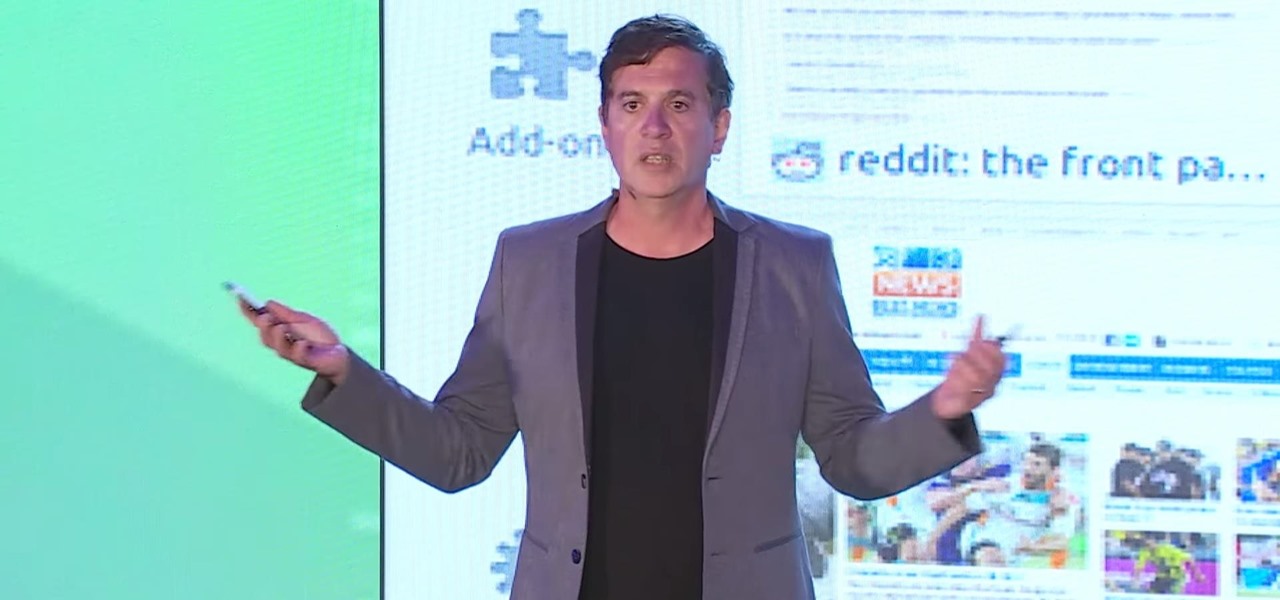


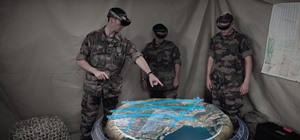
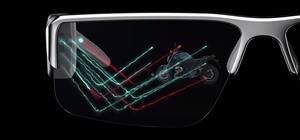













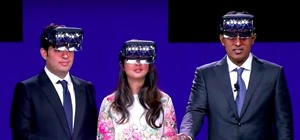




Be the First to Comment
Share Your Thoughts